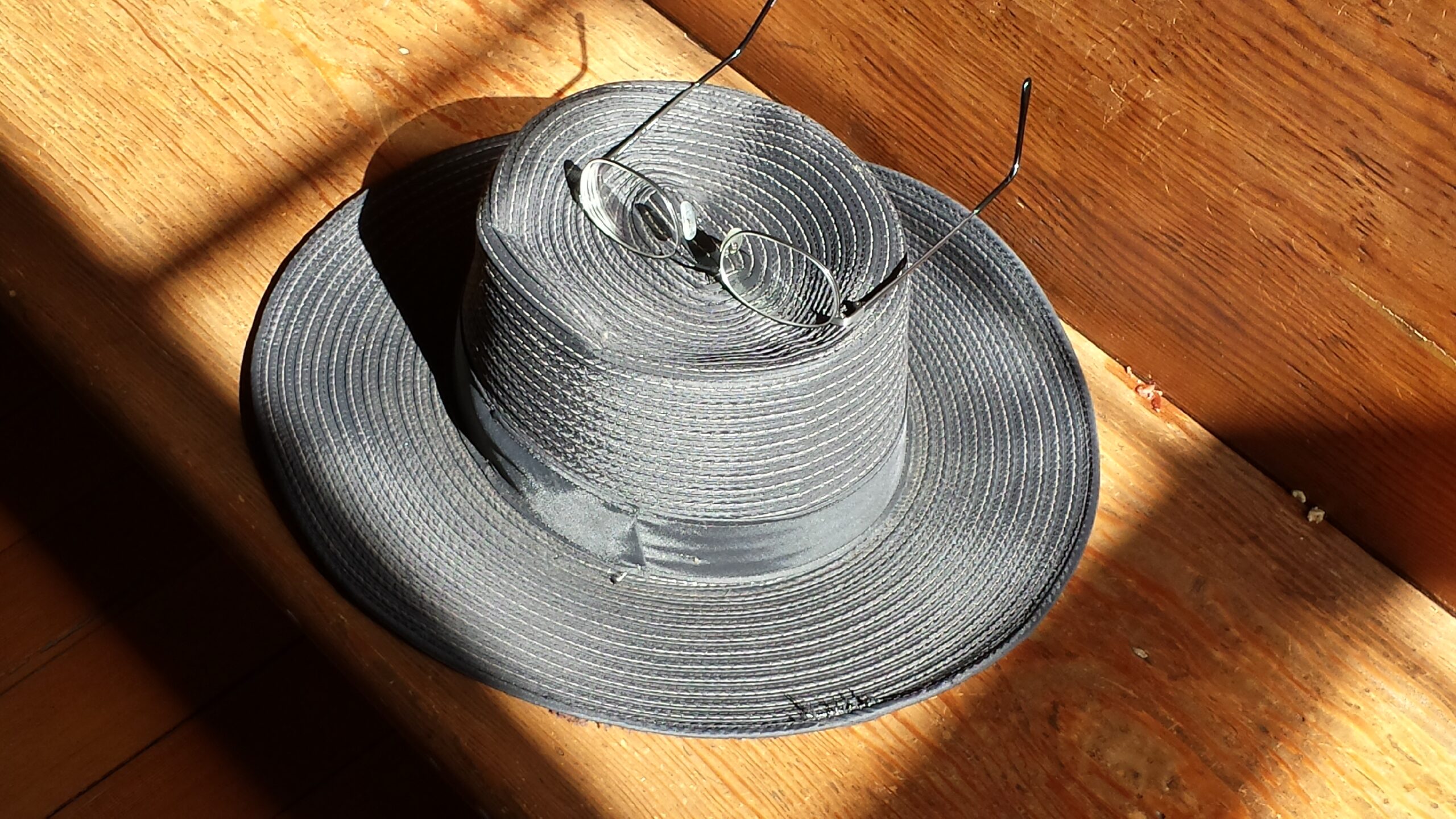Bids slowly wish.
With camellias.
With rose hips bee
balm with honey.
Swimming lesson.
Did you lock out.
No I fell down
at the stream’s side
a crash of horns.
Moss is intelligible.
Let us go there
& then let us betide.
There are many
ways to learn this.
There are many
variant spellings.
Speed matters some.
The arbor freighted
as with jasmine
though there is
no jasmine here.
To preserve tongues
kindly step aside.
A colonial system.
What tells time
vs. what time tells.
Where did bones go
before the new war.
Rote bandage
of the inevitable.
What is incarnation
for, I asked.
I felt correctly,
I lifted the sketch
from its gilt frame.
Naturally, a to-do.
Both weddings
hung to dry.
One in the foyer,
one on the wire line.
G. C. Waldrep’s most recent books are The Earliest Witnesses and feast gently, winner of the William Carlos Williams Award from the Poetry Society of America. Recent work has appeared in The American Poetry Review, Poetry, The Paris Review, New England Review, The Yale Review, Colorado Review, The Nation, New American Writing, Conjunctions, and other journals. Waldrep lives in Lewisburg, Pennsylvania, where he teaches at Bucknell University.




